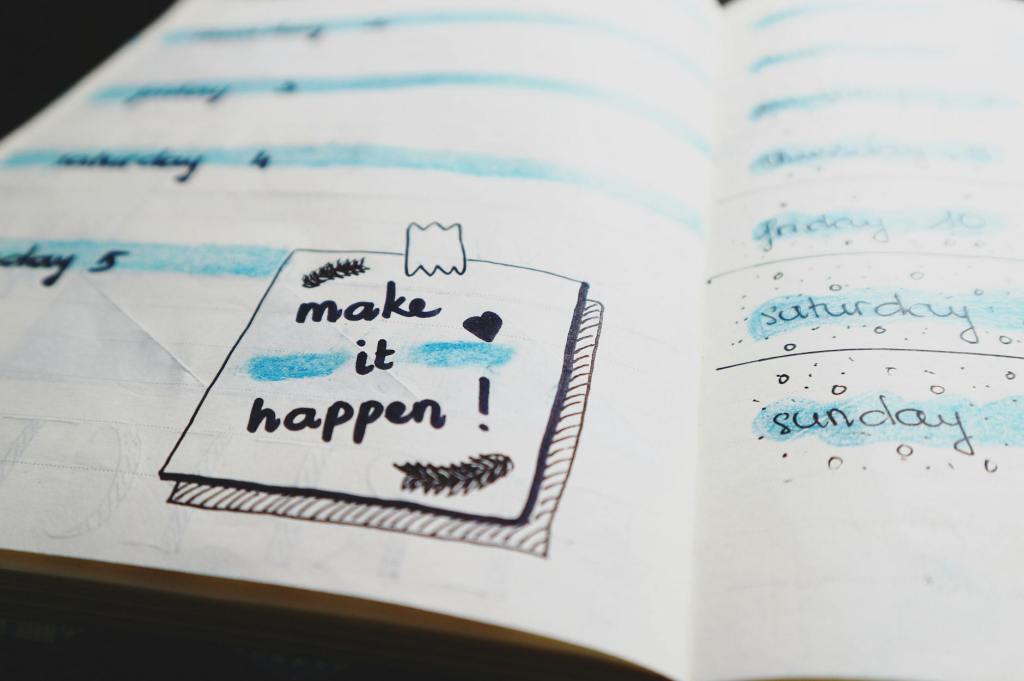Good day my good friend.
Lets start with another public service announcement. I will be resuming a normal posting schedule from Monday 1st July. And it will be good to get back into a normal schedule of posts again. In the meantime, as a bit of fun, I thought I would use ChatGPT to write a few short stories about enabling change in transport.
All of these stories are no more than 250 words, and aside from some light editing from me, they are all the work of ChatGPT.
😠 The frustrated planner
Every morning, Mia stepped into her cluttered office with renewed determination. As a transport planner, her vision was clear: to transform the city’s congested streets into a sustainable, efficient network of bike lanes, pedestrian paths, and reliable public transport. Yet, every day ended in frustration.
The council meeting loomed large on her calendar. Armed with data, graphs, and enthusiastic projections, Mia presented her plan for a new bike-share program. The elected councillors, eyes glazed over, dismissed her ideas. “Our constituents want more parking spaces, not bike lanes,” one councillor said, ignoring the growing climate crisis and worsening air quality.
Mia’s manager, John, was no help either. He preferred the path of least resistance, often advising her to “tone it down” and “focus on what’s achievable.” “Just give them what they want, Mia,” he said with a weary sigh, more concerned with his pension than the planet’s future.
As Mia walked back to her desk, she felt the weight of apathy bearing down on her. Her colleagues were engrossed in mundane tasks, oblivious to the urgency she felt. The city’s traffic roared outside the window, a constant reminder of the battle she was losing.
But Mia wasn’t one to give up. She fired off an email to a local environmental group, seeking their support. If the elected officials wouldn’t listen, maybe a groundswell of public opinion could turn the tide. She took a deep breath, the hum of determination in her veins, ready to fight another day for a greener, more sustainable city.
❌ The antis
Lucy stood in the cold rain, clutching her protest sign, “Save Our Green Spaces.” For months, she had fought against the new housing development planned for the fields where she had played as a child. Her motivations were deeply personal—she wanted to preserve the natural beauty, the tranquility, the habitat for wildlife.
As the meeting approached, Lucy knew the council would approve the development. The economic arguments were too compelling: affordable housing for growing families, jobs for construction workers, and a boost to local businesses. Still, she couldn’t help but feel a deep-seated anger. This place was special, irreplaceable.
Inside the council chamber, she sat through the presentations, her heart sinking with each point the developers made. Then, a young woman named Maria stood up to speak. Maria, a single mother of two, described her struggle to find an affordable place to live. She talked about the cramped, unsafe apartment she currently rented and how the new development promised a better life for her children.
Lucy’s anger began to waver. She looked around the room and saw faces of people who weren’t just developers or bureaucrats but neighbors with real needs. She saw an elderly man who could finally downsize, a young couple dreaming of their first home, and workers eager for stable jobs.
After the meeting, Lucy approached Maria. They talked, and Lucy realized that while they stood on opposite sides of the debate, their desires for a better community were the same. Though still heartbroken about the loss of the fields, Lucy found a way to channel her passion into ensuring the new development included green spaces and community gardens, bridging her love for nature with the needs of her community.
🌳 What change looks like
James sat at his desk, staring blankly at the computer screen. The quarterly report he was supposed to be finalizing lay untouched. His mind was consumed by the recent climate summit he’d watched online. Expert after expert had detailed the dire state of the planet, each prediction more alarming than the last. The ice caps melting, sea levels rising, extreme weather events becoming the norm—it all felt overwhelmingly catastrophic.
He looked around his office, seeing not just the clutter of papers and coffee cups, but the remnants of his carbon footprint. The constant business flights, the heavy reliance on his car, the endless stream of plastic waste—all evidence of his contribution to the problem. Guilt gnawed at him, a persistent ache in his chest. How had he become part of the problem he so deeply feared?
James decided to take a walk, hoping the fresh air would clear his head. As he wandered through the park near his office, he remembered his childhood, playing in these very fields, breathing in the clean, crisp air. It struck him how much had changed, how much he had changed. He used to love nature, but now he was part of a system that was destroying it.
He stopped by a bench and sat down, his mind still racing with thoughts of melting glaciers and burning forests. It was then that an elderly man sat beside him, striking up a conversation about the weather. They talked about the unseasonable warmth and the unpredictability of recent years. James found himself pouring out his anxieties, the guilt that shadowed his every move.
The old man listened patiently and then said, “You can’t fix everything, son. But you can do something. Start small. Make changes in your own life. Influence those around you. That’s how real change begins.”
Those words lingered with James long after their conversation ended. He realized that he had been paralyzed by the enormity of the climate crisis, feeling that his individual actions were insignificant. But now, he saw a path forward.
The next day, he began making small changes. He started biking to work, cutting down on his car usage. He switched to a reusable coffee cup, and began advocating for greener practices in his office, like reducing paper waste and starting a recycling program. He even started volunteering with a local environmental group on weekends, planting trees and cleaning up litter.
With each small step, his anxiety began to lift. He felt empowered, knowing that his actions, though small, were part of a larger movement towards sustainability. James realized that while he couldn’t solve the climate crisis alone, he could be part of the solution. And that was a start.
The journey wasn’t about immediate transformation but gradual progress. By focusing on what he could control, James found a sense of purpose and peace. He knew the road ahead was long, but he was no longer paralyzed by fear. Instead, he was motivated by hope and the belief that collective small steps could lead to significant change.
😍 Mobility Camp is back
Its funny, you know. How in this really bad time having something positive to hold onto really means a lot. And in September I will be helping organise a whole event on positive vibes in transport. Mobility Camp is returning on 20th September at the wonderful Guildhall in York.
It will be amazing to see you all there. You can get your tickets here, but if you want to do a little more then we are looking for sponsors too, details of which you can find here.




2 responses to “📚 Storytime”
Hello, James.
Sorry to message you, but I need to unsubscribe (time constraints) and it does not seem possible. I can’t get to anything that says “unsubscribe”.
Are you able to do this for me?
Thanks for the previous news and views.
Best,
Becky
Becky Reynolds
Chair, https://www.cyclinguk.org/local-groups/brighton-hove Cycling UK Brighton and Hove
Local Representative of Cycling UK in the Cycle Advocacy Network
Regional Co-ordinator, https://www.cyclinguk.org/cycle-campaigning/cycle-advocacy-network Cycle Advocacy Network – South East England
LikeLike
Consider it done!
LikeLike